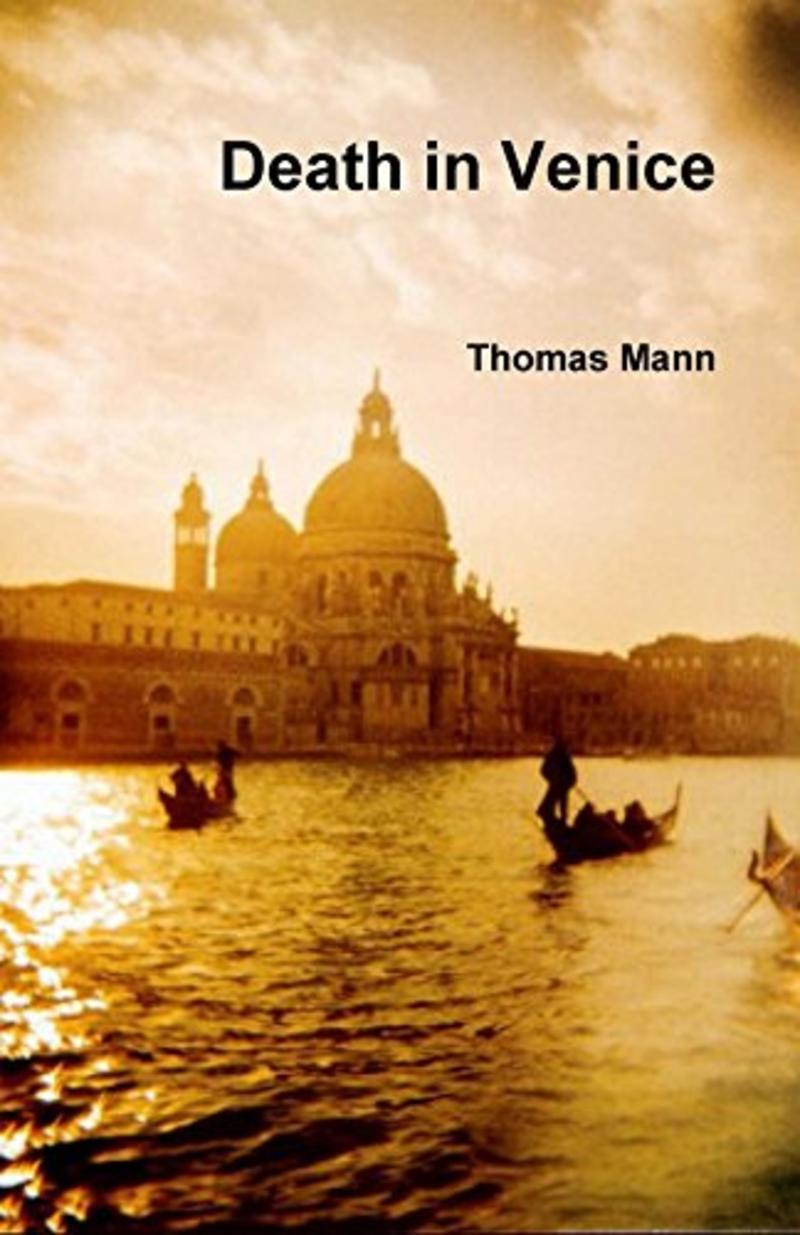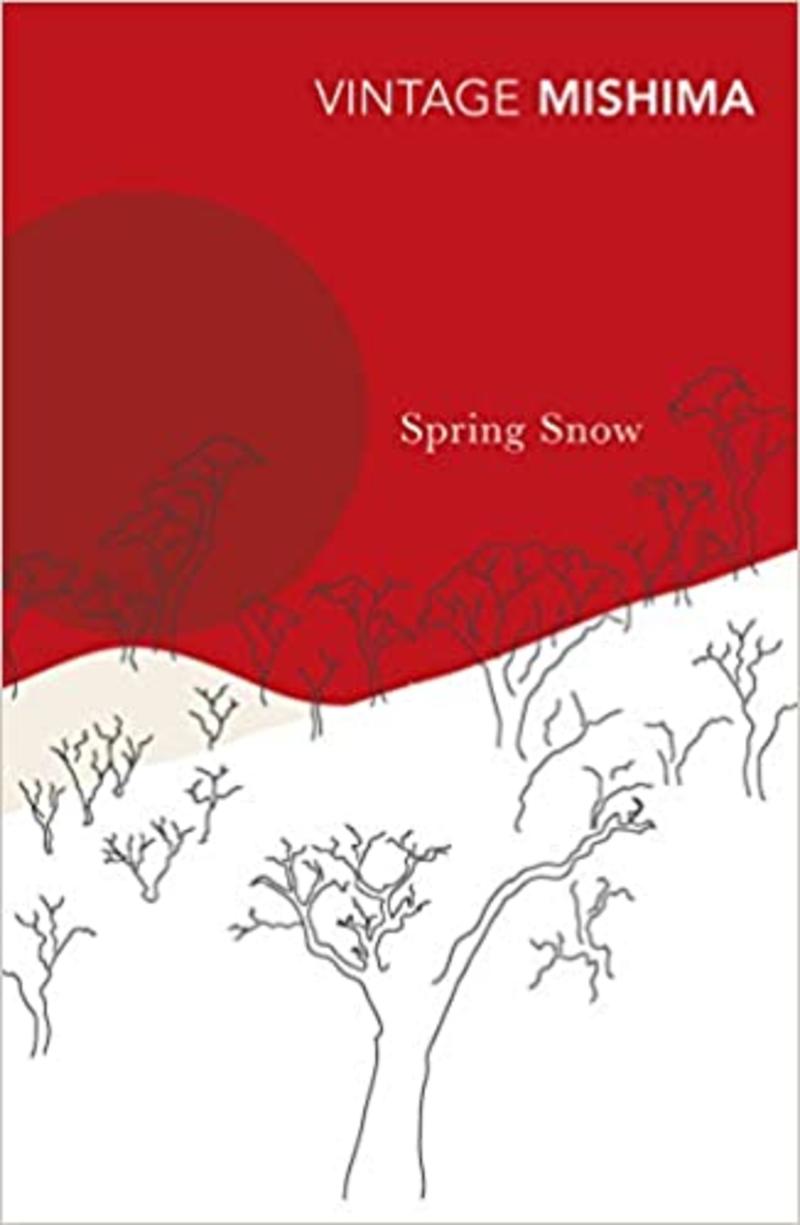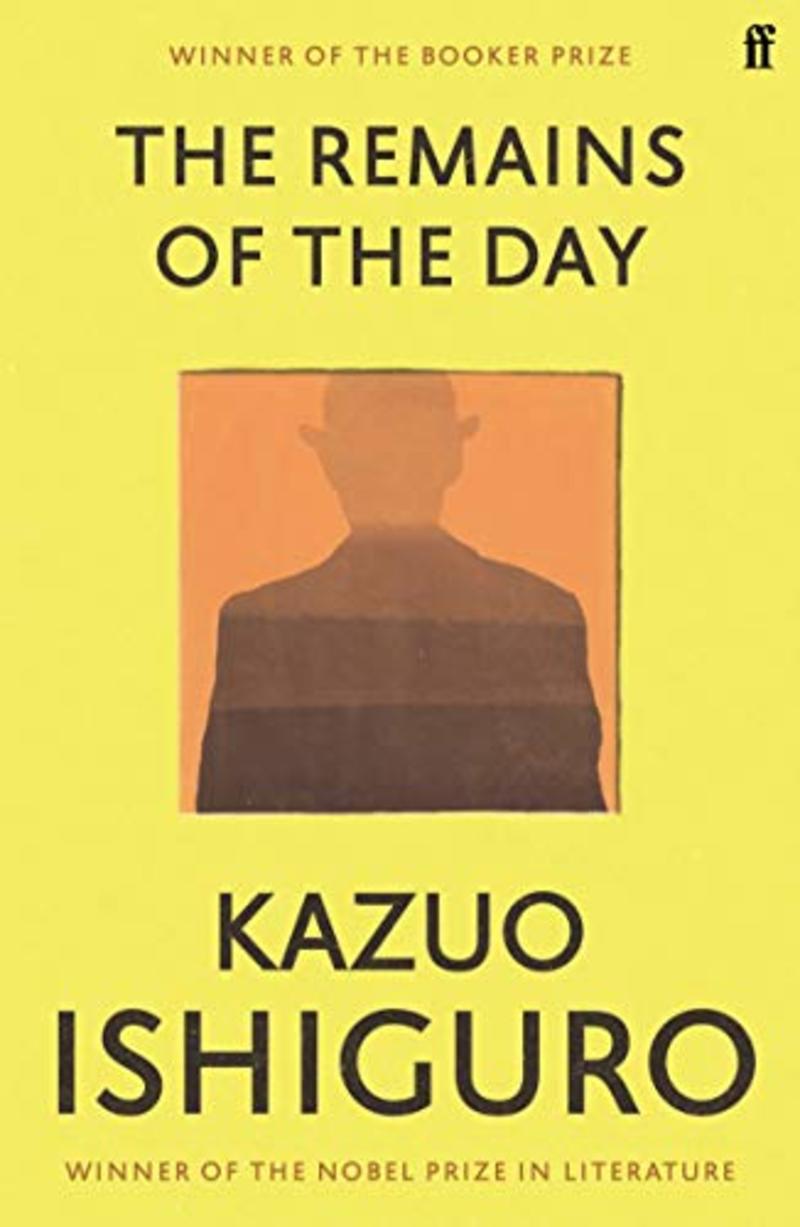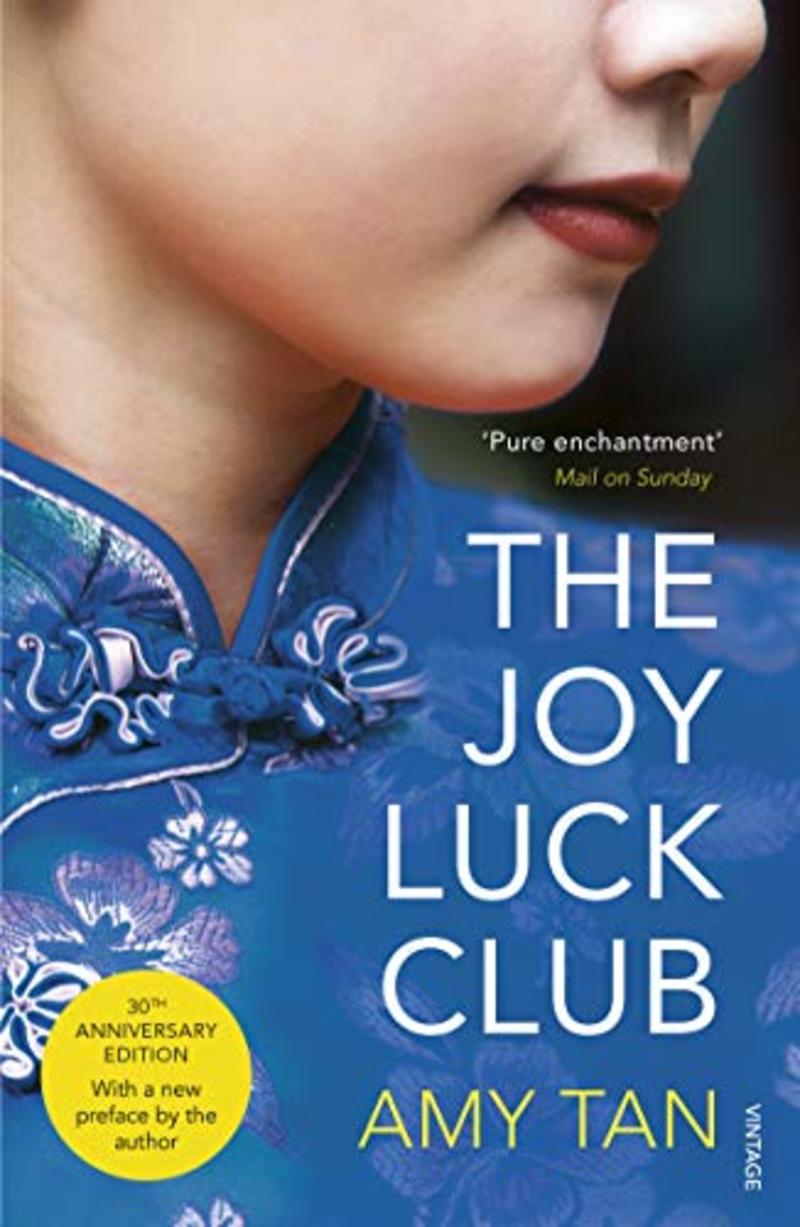The Ertegun Lockdown Virtual Book Club
In 9th week of Hilary Term, the rising murmur of unease about this strange new disease spreading silently around the world became a roar. In a surreal week, as bottles of hand sanitiser and packs of antiviral wipes appeared as if by magic in Ertegun House, there was a sudden (and to the naïve among us, unexpected) exodus of scholars and resident alumni, as announcements of closing borders forced quick decisions. Those of us remaining in Oxford found ourselves confined to our homes, our picture of Trinity Term violently recalibrated. Amid the panic of those first weeks, we sought desperately for ways to continue to connect with our community. A book club was suggested, and received immediate and enthusiastic support from Ed and Maria, who agreed even to sponsor our purchases of e-books, allowing scholars all over the world, in different levels of lockdown, to take part. Two book clubs started up, allowing for the spread of time-zones (including New York, Finland, Greece, Malaysia, and New Zealand), and became a mainstay of the lockdown-Ertegun-experience for those of us who were involved, weekly meetings providing much-needed social contact, alongside the chance to talk about a wide variety of literature.

Ertegun Lockdown Book Club organisers, Ursula Westwood and Frazer MacDiarmid, with other participants
One group started with Thomas Mann’s Death in Venice (taking on the nickname “The Plague Group” as a result), while the other began with a lengthier Thomas-novel: Hilary Mantel’s astounding work of historical fiction about Thomas Cromwell, Wolf Hall, which inspired the historians among us with new ideas about what history actually is. The remainder of this report will consist of our members’ accounts of the books read so far. Frazer MacDiarmid provides an extremely detailed review of Death in Venice, while Jordan Maly-Preuss imaginatively considers the impact of Mantel’s narrative style in Wolf Hall. Linqing Zhu reports on our reading of the classic Japanese novel, Spring Snow by Yukio Mishima. Rachael Hodge writes about her perspective as she rereads Kazuo Ishiguro’s The Remains of the Day within this group context. The clubs are just concluding, as I write this, Bernadine Evaristo’s lively depiction of women’s lives in modern Britain in Girl, Woman, Other and Amy Tan’s Joy Luck Club as described by Rose Campion. Amidst the many difficulties of lockdown, this book club has created an opportunity to rediscover the delights not only of reading (with a little more time than usual!), but also of talking about books with thoughtful and knowledgeable friends.
Ursula Westwood
Thomas Mann, Death in Venice

Over the last two weeks, Ertegun scholars past and present have been reading Thomas Mann’s novella, Death in Venice, and have met twice online over that time to discuss it. These are some of the thoughts and ideas that those conversations produced.
There appears to be a quite fundamental divide between the first half of the novella and the second.
The first is a half of ideals. Aschenbach’s (or sometimes the narrator’s) ideas about great literature, art, heroism, morality etc. are all discussed, and a lofty, pretentious tone of intellectual superiority is established. We see him look down upon practically all other characters (those whom he deigns to mention), and hardly any of these emerges as anything less than monstrous, or at best imbecile, boring, or ridiculous. The reader is given the impression that she should feel honoured to read the story of such a man. Although the tone of the first half is certainly not self-critical, it is intensely self-conscious.
The second half records the terrible fall of Aschenbach from the heights of his ideals. No sooner has he justified to himself some unseemly thought or act in pursuit of his young muse than he stoops to some new level of debasement, literally ‘panting’ after his love. The objects of ridicule he so recently scorned he has himself become, and worse than. His trip to the barber and his change in clothes sees him morph into the pitiable old man socialising with youths on the crossing to Venice – he at least has the decency to be open about his intentions. We witness in real time Aschenbach’s former ideals being manipulated to conform with his new status as Tadzio’s observer, and his eventual decline. After he feels exhausted by writing in the presence of Tadzio as by a ‘debauch’, we learn that ‘Aschenbach was no longer disposed to self-analysis’. The self-consciousness which pervades the first half is utterly lost in the second.
Moreover, whereas the novella sets out in a grand, almost majestic style, which takes some pages to narrate a wordless encounter in a garden, it ends with perhaps the most cheaply sentimental and schmultzy image of Tadzio as Aschenbach’s god and redeemer, ushering him into the light of eternity.
The question of the divide between the author/protagonist/narrator is never absent in any piece of literature, but is particularly pressing in Death in Venice. Firstly, its main character is a writer, which always raises the question of voice and authorial intent. Second, even though the narrative voice is always in the 3rd person, the novella’s own construction mimics the state of mind of its protagonist – it descends from a serious, sophisticated style to gushing sentimentality. Third, we know from various sources (including Mann’s own diaries, and the testimony of various witnesses) that Mann was an admirer of the young male form, and was stricken in conscience because of this.
It’s also interesting to note the moments at which the work suggests that Aschenbach and Tadzio (at least in the mind of the former) have, in some sense, a shared identity. That Aschenbach is not in the prime of health, and is even at times positively sickly, is suggested throughout the novel, and not only towards its end. This perhaps explains the inexplicable pleasure that Aschenbach has when he twice notices Tadzio’s own apparent ill health. The last pages of the novella record Aschenbach’s own maniacal quest to become (or at least appear) young again. The moment at which Tadzio stands solitary on the water’s edge is central for Aschenbach, perhaps because it is now that the youth most resembles the abject isolation of the author.
Most strikingly, however, are the several hints that Aschenbach’s pursuit of the youth is at least partly driven by Aschenbach’s feeling that his own childhood was in some sense deficient. We learn that his precocity and seriousness meant his young days never knew the sweet idleness and blithe laissez aller that belong to youth.
Later, Aschenbach admires the youth and muses on the parallels that exist between them. It continues: Mirror and image! … Memory flung up in him the primitive thoughts which are youth’s inheritance, but which with him had remained latent, never leaping up into a blaze.
Perhaps it is not so much Tadzio himself that Aschenbach so keenly desires, but the carefree, yet prelapsarian innocence of youth which he makes him represent.
If it’s true that his experience in Venice elevated Aschenbach to some level of ecstasy – intellectual, emotional, even spiritual – that he had never achieved before, what does this say about his previous success as a writer? Does it suggest that what he wrote previously is insignificant? Is he dismissive of the acclaim which he has received from so many, and potentially derisive of their enjoyment of literature born of such mundane feeling? Is he challenging the idea that good literature must only be written while ‘in one’s mind’, or perhaps the opposite?
We do not learn whether the writing created while Aschenbach was in the thrall of Tadzio was inspired in reality or only in its author’s opinion, but even he is quick to point out that if readers knew the true source of inspiration, they would be horrified and quick to discard it as smut.
I leave you with an observation. The novella’s bifurcation notwithstanding, it is consistently narrated in an almost dreamlike state of detachment, perhaps an ironic distance, which leaves the reader questioning what is real. The line between the narrator and Aschenbach’s own self-delusions or perversions is uncomfortably thin. The one exception to this is (ironically) the dream that he experiences near the end of the novella. The wild, impulsive, savage inhabitants of the dream, completely antithetical to the reserved ‘dining-room’ sophistication of Aschenbach’s ordinary milieu, lay bare the reality of his passions and lusts.
The writer is no longer able to erect a screen of distance and sophistication between himself and the world, and he is united with the rest of humanity in the impenetrable reality of existence.
Frazer MacDiarmid
Hilary Mantel, Wolf Hall

(The following review is composed in the style of the narration in Hilary Mantel’s Wolf Hall, the first selection of the Erte-Lock Book Club, Tuesday evening edition.)
The television show is renowned for its poignancy, its vibrancy – or was it its historicity? She is not sure; she is not even sure what Wolf Hall is about, but she thinks her mother liked it, as fair a recommendation as any. Ursula says the book is about Thomas Cromwell, of whom she has heard, no doubt: no doubt, and yet who was he, this man with the same Christian name as evidently every other man of his era? He opposed a King Henry; well, this is not new, this is what English Thomases do, it is what they are made for. And so she casts her vote for Wolf Hall, and reads the book.
What is this bewildering narrative style? This forest of ‘he’s? He, Cromwell, discloses himself to the reader, but not through the intentional self-disclosure of a first-person account. This will take some adjusting to. She will have to wait and see whether she can surmount this barrier – she has done so, she enjoys accompanying him, Cromwell, now, and she finishes the book long before the assigned (permitted?) time. She establishes, expands friendships while passionately criticising the lives of these people who do not in the end go to Wolf Hall. Why is this book called Wolf Hall when its action ranges over England but never makes it to this part of Wiltshire? She assigns this question a memory tag; perhaps one day she will have deciphered the riddle.
(And now no more for lack of time.)
Jordan Maly-Preuss
Yukio Mishima, Spring Snow
After reading Death in Venice, I suggested the Japanese novel, Spring Snow to the group. In Thomas Mann’s novel, Aschenbach’s fascination towards the boy reminded me of a different kind of aesthetic ideal in Mishima’s writing, particularly in his protagonist’s way of sensing beauty in his world.
Spring Snow is set in Japan in the early twentieth century. Kiyoaki, a boy from a rising nouveau-riche family, gradually discovers his love for Satoko, the only daughter in a fallen aristocratic household. He is aware that Satoko also has a crush on him, yet he deliberately treats her in an indifferent and even offensive way. The story of their strange and ultimately tragic love affair is the first in the Sea of Fertility Quartet by Yukio Mishima.

Two of us had read this novel in Chinese before. We talked about our experience, mainly the dissatisfaction, of approaching it in English, particularly because the Chinese translation possesses a richer vocabulary, describing things in a more specific and poetic way. We also discussed how the “wildly insulting letter” written by Kiyoaki to Satoko might discomfort contemporary readers in an English-speaking world, while this might be disguised in the gentle phrasing of its Chinese counterpart. Interestingly, inner reflections from female characters are hardly given in the novel, and we debated the impact this absence has on the narrative - especially on the characterisation of Satoko, whose voice we seldom hear unmediated.
One of our members researched and explained the historical context of the novel for us, revealing how it reflects conflicts in Japanese society during its westernization, while another provided an emotionally immersive reading, how he “felt” about the exquisite, spirited “Japanese sensitivity”. With people in the group sharing thoughts from various perspectives, I felt our discussion was fruitful and illuminating, making each reader see other possibilities in the text beyond one’s own original interpretation.
Linqing Zhu
Kazuo Ishiguro, The Remains of the Day
For our third book of the term, the Friday morning crew read Kazuo Ishiguro’s Booker Prize-winning novel The Remains of the Day, which we discussed over two weeks. I first read this book nearly ten years ago, and revisiting it for our discussions prompted in me a curious process of recollection akin to that experienced by the novel’s perennially buttoned-up narrator, Stevens.

My memory of it had been indistinct (I recalled only hazy summer countryside, and a profound sense that this was the most accomplished and subtly devastating novel I’d come across) but as I reread it, vignettes from the book began returning to me with astonishing clarity pages before I reached them – the tiger in the drawing room, for instance, and the heart-breaking image of Stevens’ father scrutinising the garden steps for a flaw that might excuse his fall, “as though he hoped to find some precious jewel he had dropped there”. Another member of the group who knew the book already described feeling jealous of anyone reading it for the first time; I sympathise entirely with that sentiment, but The Remains of the Day nevertheless proved itself more than worthy of revisiting. Though I recalled certain details with almost uncanny accuracy as they approached, there were aspects of the novel I’d entirely forgotten, or perhaps had never fully appreciated – in particular, its dazzlingly Jeevesian comedy, which was a delight to (re)discover.
Our book club discussions focused predominantly on Stevens’ relationships with Miss Kenton, Lord Darlington, and his father, on the extent to which the novel captures and critiques a peculiar kind of “Englishness,” on its deft interweaving of the personal with the international, and on the tone of its ending. On this last matter, especially, opinion was divided. Some read in Stevens’ resolve to “look at this whole matter of bantering more enthusiastically” so as “to pleasantly surprise” (note the split infinitive!) his new employer the turning over of a new leaf; following his desperately sad reunion with Miss Kenton (now Mrs Benn), and their mutual acknowledgement of all that was lost, there is a hopeful note of progress – so this argument goes – in Stevens’ embracing of “banter” for what remains of his day. Others, myself included, find this brave attempt by Stevens to salvage some scraps of purpose from the life he feels he’s wasted bitterly, unremittingly, gorgeously tragic. It is a mark of Ishiguro’s narrative finesse that responses to the novel’s conclusion can vary so dramatically.
Rachael Hodge
For our fourth and fifth books up for discussion, we elected to pair two works by women of colour: Girl, Woman, Other by Bernadine Evaristo and Joy Luck Club by Amy Tan.
Both texts centre around relationships between women with migratory backgrounds. Joy Luck Club, which profiles four pairs of Chinese mothers and their American-born daughters, explores intergenerational relationships and the slippery concept of identity.

Evaristo’s book Girl, Woman, Other, winner of the 2019 Booker Prize, profiles myriad ways of performing black womanhood in modern Britain, telling the stories of a pro-active playwright, a first-generation immigrant mother, an over-achieving investment banker in the city, and a transgender social media influencer, among others. While we struggled at times to keep track of the connections between characters in each book, we found the narratives themselves to be quite powerful and well-crafted. Furthermore, both of these books drew out stories from our own families’ migration experiences and reflections on our own status as immigrants in the UK.

Rose Campion



